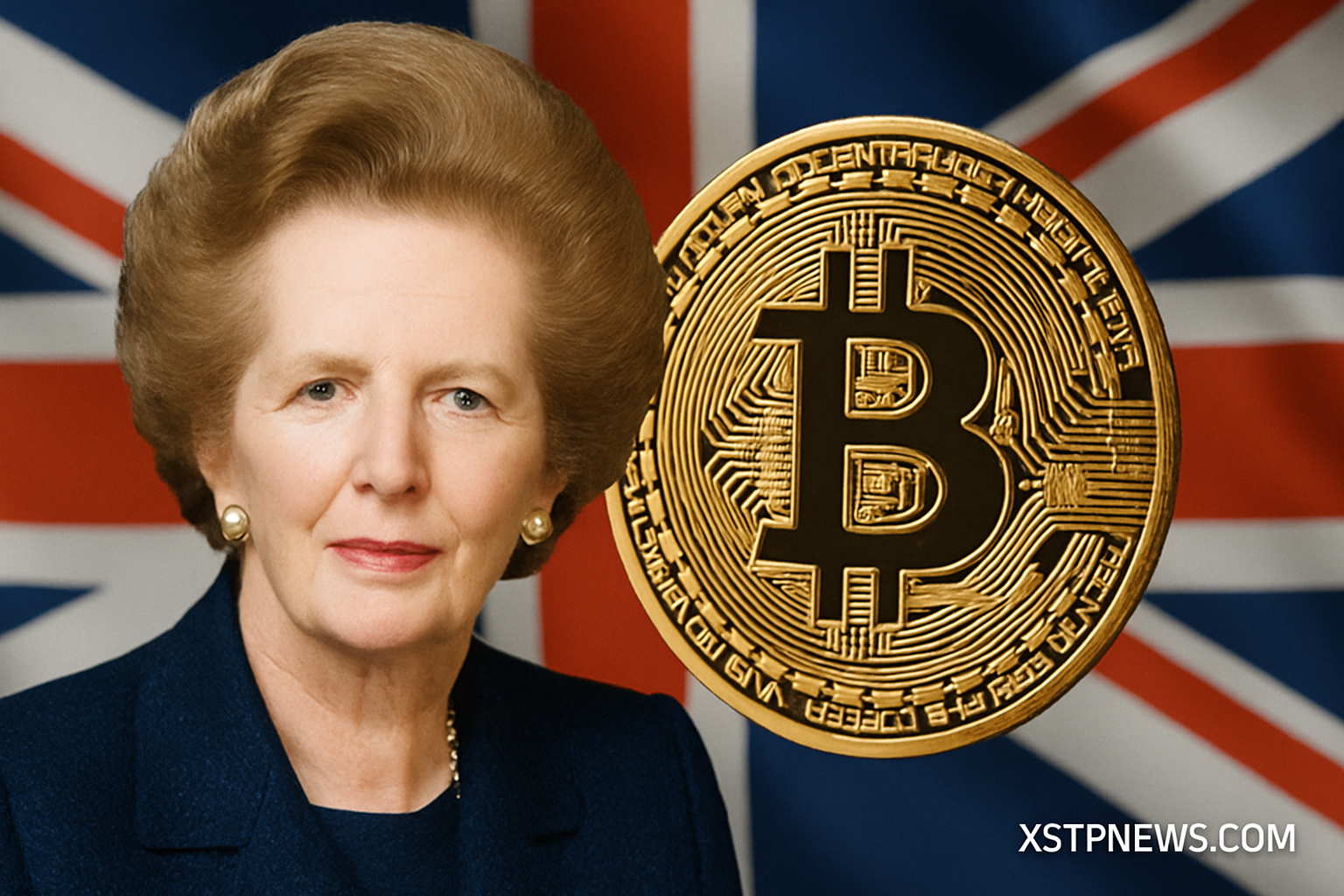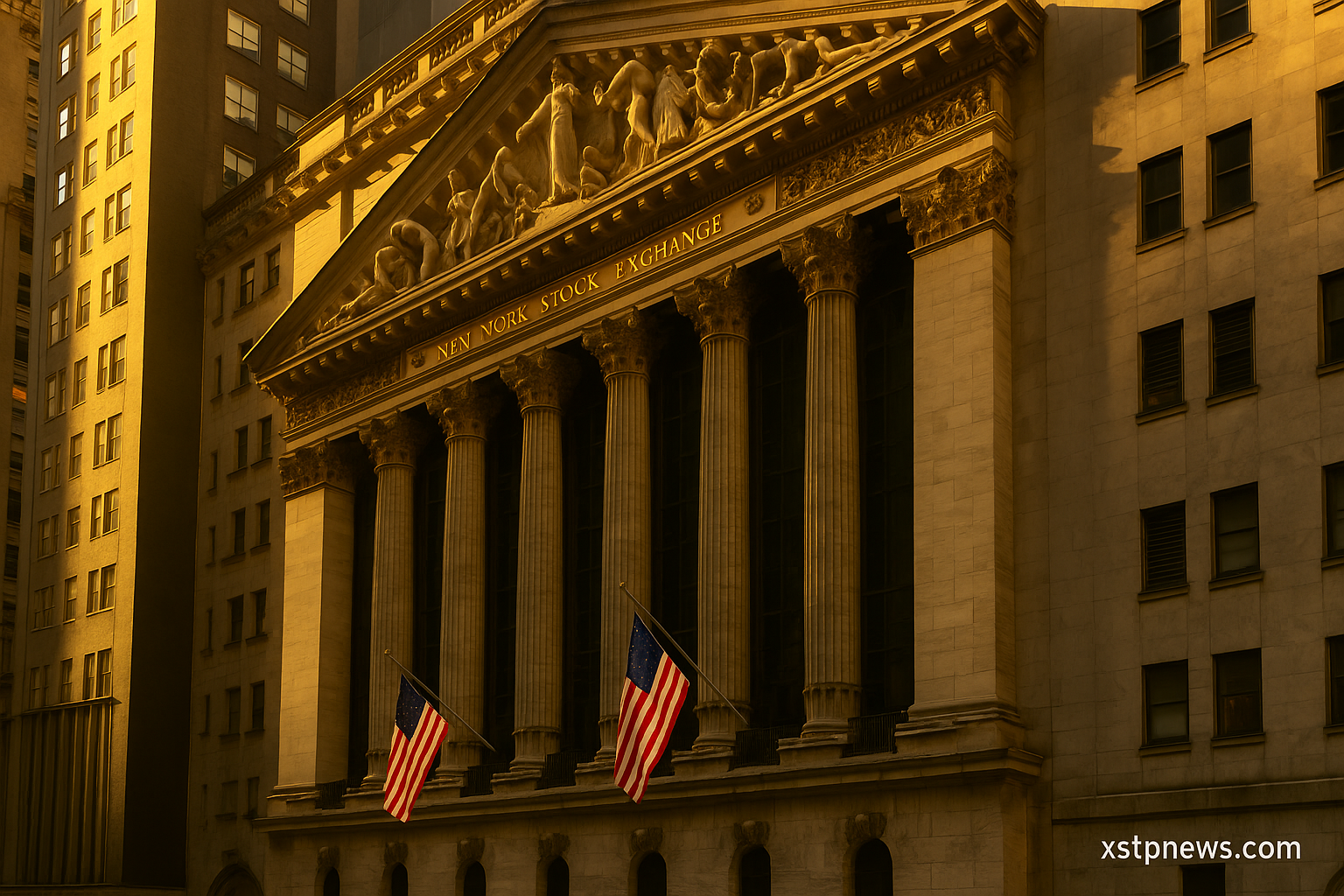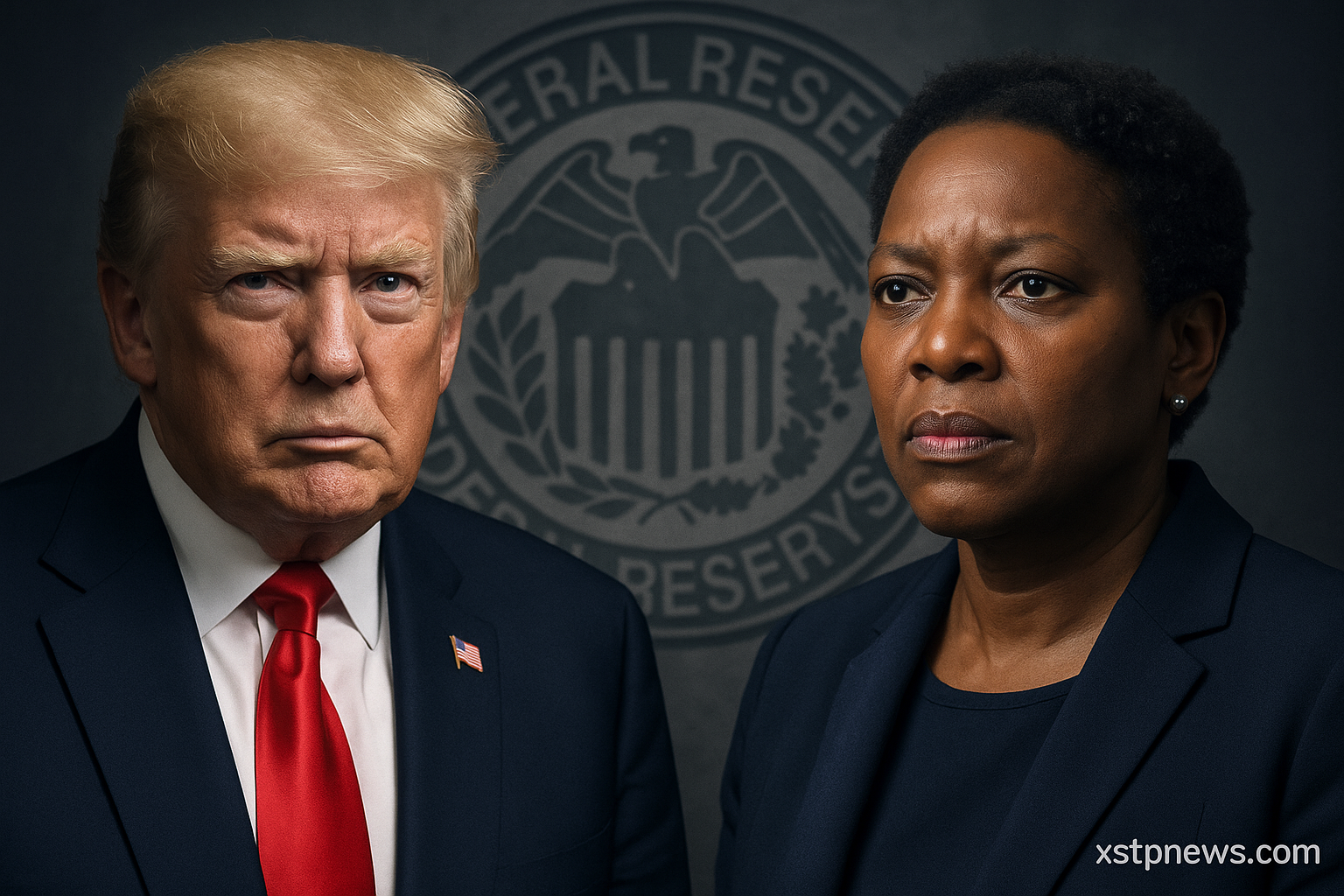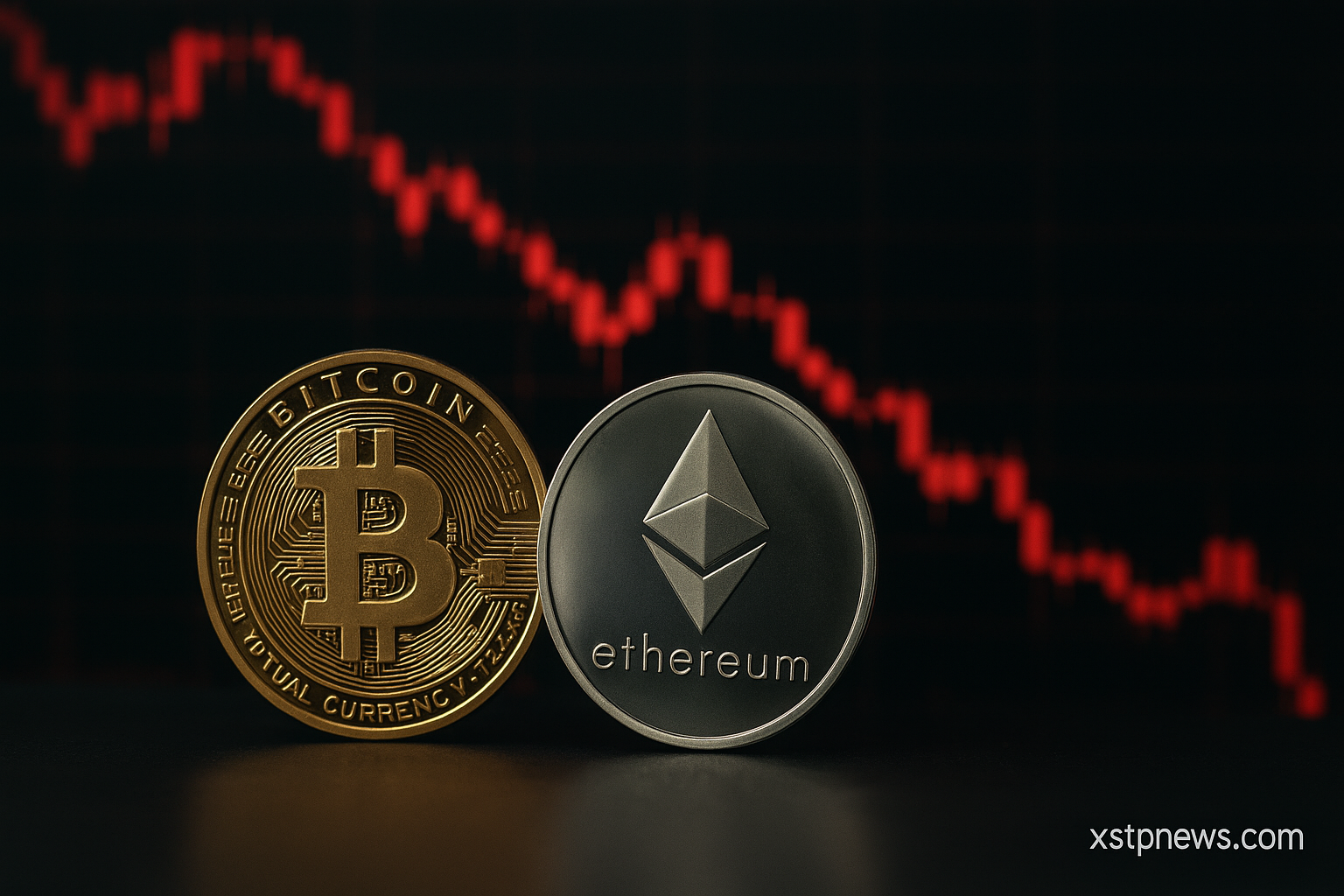Margaret Thatcher famously declared that “there is no such thing as public money, there is only taxpayers’ money.” Today, that principle finds unexpected proof in the world of Bitcoin, which has not only broken price records but has also become the single most appreciating asset in modern British history, surpassing stocks, real estate and even gold.
What Thatcher stood for
The former Prime Minister argued that governments do not create wealth. They only spend what they take from productive citizens. Her years in office were marked by aggressive spending cuts and a firm defense of private capital. She often warned that reckless public spending would erode the value of money and weaken long-term prosperity.
Bitcoin as Britain’s ultimate wealth engine
While fiscal irresponsibility and national debts kept growing, Bitcoin rose to become the greatest wealth multiplier the UK has ever seen. No FTSE 100 stock, luxury home in Mayfair or stack of gold bars came close to turning a simple £100 investment ten years ago into more than £88,000 today. This is living proof of Thatcher’s core idea that protecting capital means not depending on government hands.
A new record in pounds sterling
On 8 July, Bitcoin reached £88,700, its highest nominal value ever recorded in the UK. This is more than a milestone. It signals a silent transfer of financial power away from governments that keep overspending and back into the hands of people determined to secure their own wealth.
Who will control money in the future
Thatcher’s question still stands, only it has grown larger. Who truly controls money now: taxpayers or the state? Blockchain gives every person the power to hold, verify and move assets by clear and unchangeable rules.
The real question is whether the world has finally learned or will end up paying again through inflation and future taxes.







